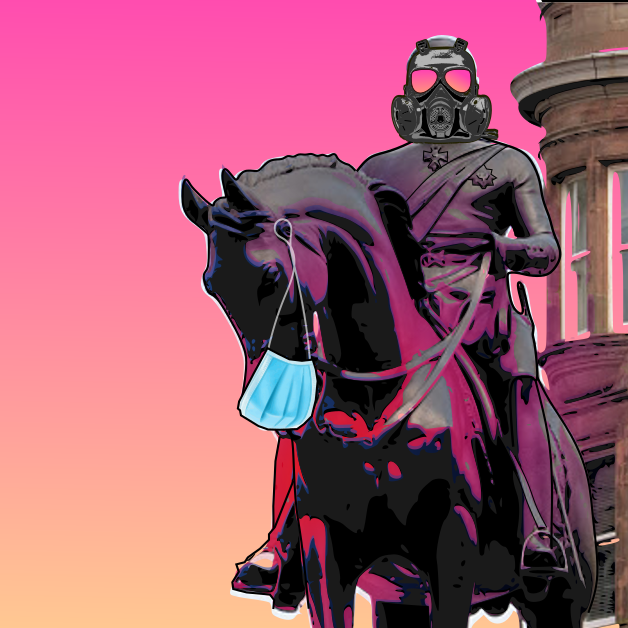Joseph O’Neill’s first novel, Netherland, is set in a New York reeling from the terror of the September 11 attacks. The passage I remember most is a character describing setting up a Humane Society to help the victims—“It was a wonderful experience…I made friends with people from Idaho, Wisconsin, New Jersey, New Hampshire…Ireland, Portugal, South Africa…I think for many of us it was one of the happiest times of our life”—an ironic, almost obscene euphoria coming out of tragedy.
This is certainly a terrifying time. Barely anybody alive will remember a point where life in the UK has been so disrupted. Worry and stress are natural reactions when the future is so uncertain.
Coronavirus (COVID-19) will hit some harder than others. Our elderly and immunocompromised must be at the front of our minds—but we must also remember the millions of people who were barely coping before the virus, many of whom have been cut adrift from their support systems.
Almost the minute we dropped leaflets for the Penn Fields & Merridale COVID Action Group we were swamped with requests for food aid. These were from people whose jobs had disappeared, parents of asthmatic children who were scared to leave the house, asylum seekers who were stuck in insecure housing without money, people awaiting Universal Credit (or whose benefits were not enough to buy food now that panic buyers have snapped up all the bargains), older people who were worried about being infected, migrants who are stuck here without a penny and no recourse to public funds—people who were scared, lonely and isolated, who had no idea how they were supposed to feed themselves.
I’m sad to say we could not help these people ourselves, as our neighbourhood organisation has no money. In our leaflets, we offered to collect shopping, foodbank parcels that had already been arranged, and friendly phone calls. So great was the need that people rushed to any offer of support, and we did our best to send them where we knew they could get help.
It is true that coronavirus has brought this need to the surface. The insecure or informal sources of income and support people rely on have disappeared as people are forced to stay home. But this need was always there, under the surface. Around us there are millions of people only just getting by, now denied the incomes and support they needed to hold on.
But we must return to O’Neill’s euphoria. Much like the New Yorkers, we have been subjected to a terror—a greater terror, a vast and inhuman force with no capacity for mercy or bargain. But in crisis, there is a strange elation.
A month ago, we created a Wolverhampton COVID-19 Mutual Aid Facebook Group—a group which now has over 12,000 members. Groups like ours have sprung up all over the country. Hundreds of thousands of people have volunteered to put their lives at risk to volunteer with the NHS. Go out on a Thursday night, and you’ll witness the strange and almost impossible display of gratitude for the front-line workers fighting coronavirus. For all the calls we’ve received in Penn Fields asking for help, we’ve had as many from people wanting to volunteer.
Crisis is a crack in the normal pattern of our lives. A crack is a break—disruptive and frightening, but a space into which light can flood. A broken bone is repaired, stronger than ever. If a thing is broken, it can be replaced, mended, changed for the better, so that it does not break again.
The needs we experienced in Penn Fields and Merridale may have always been there, but we would not have reached out to them before the virus. The hundreds of thousands of people conducting mutual aid have been inspired by the virus. We are connecting with people who want to help from all over the country—all over the world—because of coronavirus.
This is just the beginning. Our best intentions cannot stop coronavirus, but they can build a better world after it.
Contrary to the newspaper headlines, coronavirus is making us kinder. Our daily lives have been threatened and we find ourselves coming together to help our neighbours. Now is the time to catch those who have fallen through the cracks, and to work together to make sure they do not do so again.
Wolverhampton was built on these words. Now is our time to make them real.

